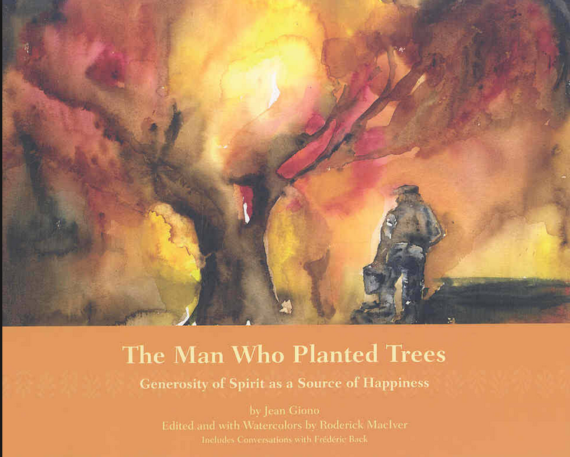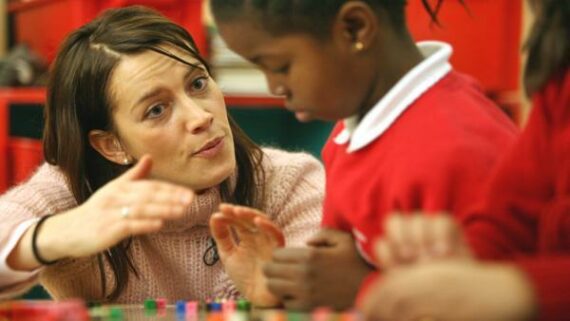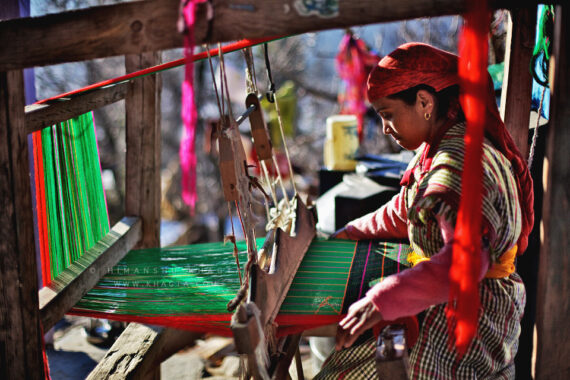“Before [people] ever wrote in clay” it has been said, “they cast their words in verse and line, rhythm-bound in poets’ minds, defying time and age.” Most civilizations around the world have had long poetic traditions, carried forward by men and women with a passion to paint and depict their […]
Yearly Archives: 2015
Reading Social Interaction and Everyday Life (Giddens, 2005), one comes across the sentence: “It has been suggested that gender relations in modern societies are becoming more equal. If this is so, then there should be signs of such growing equality in the everyday non-verbal behaviour of men and women.” (p. […]
A report based on the deliberations of the Working Group for Higher Education in the 12th Five-Year Plan (2012-17), titled Inclusive and Qualitative Expansion of Higher Education (2011), identified “access and expansion, equity and inclusion, and quality and excellence (p. 2)” as the “triple objective” for Indian higher education in […]
In our urgency to ‘achieve results’ (or, in reality, perhaps to ‘show results’ to others) we often tend to forget the miracles that slow, consistent and assiduous work can achieve. The Man Who Planted Trees, published in 1953, is a story of a French shepherd, Elzéard Bouffier, who brings about […]
Did you know: Latin nebula (mist or fog), Sanskrit nabhas- (cloud, mists, sky) and Greek nephos (cloud) all come from the same root word. Sanaskrit nabhas- later evolved into nabh (नभ) in Hindi, used, for instance, in these famous lines from Harivansh Rai Bachchan’s Madhushala (मधुशाला) तारक मणियों से सज्जित नभ बन जाए मधु का प्याला सीधा […]
Dhir Jhingran: I want to first do a quick recap of the education scene from the side of the government over the two decades or so that I have been associated with it. The National Policy of Education had several schemes: the DIETs (District Institute of Education and Training); PMOST (Programme of Mass Orientation of […]
For over a decade, Finnish 15 year olds have consistently featured among the top performers in the OECD Programme for International Assessment (PISA). As a result, the Finnish education system has been at the centre of attention of educators and policy-makers from countries around the world1. (Chung & Tsuruta, 2010; […]
In 15 sentences and 20 beautifully illustrated pages, There you go! by Oren Ginzburg brings out the absurdity of many of our attempts to bring ‘sustainable development’ to tribal communities/aborigines around the world. As Lodu Sikaka from India’s Dongria Kondh tribe says “It’s crazy when these outsiders come and teach us development. […]
Just before the 2nd Philosophy of Education Conference hosted by Azim Premji University, in May 2014, I received an email from Prakash asking if we could conduct a set of interviews with the speakers at the conference. Though I was initially unsure, one thing led to another and I am glad […]
School curriculum in ancient Greece was divided into three categories: writing, music and gymnastics. At the age of six, the child was enrolled in a school run by a professional schoolmaster. The day typically started with classes on writing, reading and arithmetic. This was followed by a music class in […]
The main elements of the western education system are: one, there must be institutional learning – within the school, within the college. Learning within the institution is legitimate – authentic. Learning outside is not authentic because I don’t know what you have learnt. So there is a stamp of authority […]
Did you know: Texture, which we use in phrases such as this cloth has a fine texture to refer to how it ‘feels’ against our skin, derives from the Latin word texere, which means, to weave. Texture is also sometimes used more broadly to mean ‘distinctive quality’, as in the texture of life […]
The Oxford English Dictionary (1989) defines critique as “a detailed analysis and assessment of something, especially a literary, philosophical, or political theory”. As opposed to ‘criticism’, critique thus carries a connotation of ‘neutrality’, and therefore, a well-balanced critique would rightly be expected to present both sides (strengths as well as […]
Do the standards of morality that a person adheres to, depend on the society that s/he is a part of? Or are these standards independent of the individual’s social context? Where does an individual’s moral-framework come from? And what makes some people ‘adjust’ their moral-code in the face of adversity […]
Reading, scientific and mathematical literacies are considered essential for full participation in the modern ‘knowledge societies’ (OECD, 2009). And of the three literacies, reading literacy is considered especially important as it forms the ‘bed-rock’ on which other forms of literacies are formed. Scientific research on ‘reading education’, thus, expectedly, has […]














